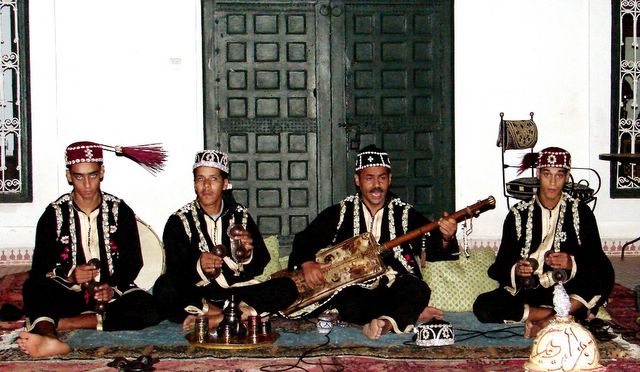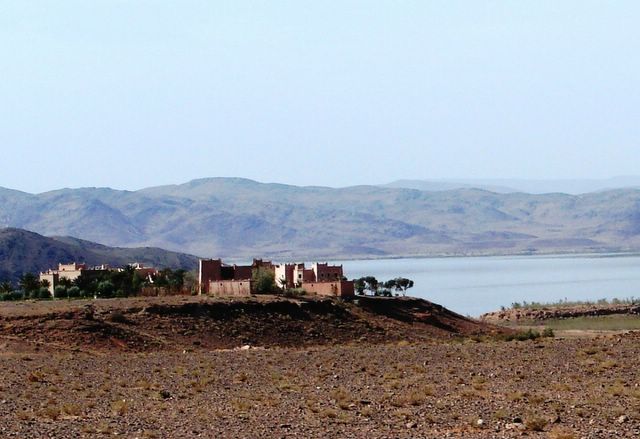Lebanon: Report of the Commission Established Pursuant to Security Council Resolution 1595
Author: Detlev Mehlis
1. The Security Council, by its resolution 1595 of 7 April 2005, decided to establish an international independent investigation Commission based in Lebanon to assist the Lebanese authorities in their investigation of all aspects of the terrorist attack which took place on 14 February 2005 in Beirut that killed former Lebanese Prime Minister Rafik Hariri and others, including to help identify its perpetrators, sponsors, organizers and accomplices.
2. The Secretary-General notified the Council that the Commission began its full operations with effect from 16 June 2005. The Commission was granted an extension to the initial period of investigation mandated by the Council, until 26 October 2005.
3. During the course of its investigation, the Commission received extensive support from the Government of Lebanon and benefited from expert inputs from a number of national and international entities.
4. The main lines of investigation of the Commission focused on the crime scene, technical aspects of the crime, analysis of telephone intercepts, the testimony of more than 500 witnesses and sources, as well as the institutional context in which the crime took place.
5. The full case file of the investigation was transmitted to the Lebanese authorities during October 2005.
6. The present report sets out the main lines of enquiry of the investigation conducted by the Commission, its observations thereon, and its conclusions, for the consideration of the Security Council. It also identifies those matters on which further investigation may be necessary.
7. It is the Commission’s view that the assassination of 14 February 2005 was carried out by a group with an extensive organization and considerable resources and capabilities. The crime had been prepared over the course of several months. For this purpose, the timing and location of Mr. Rafik Hariri’s movements had been monitored and the itineraries of his convoy recorded in detail.
8. Building on the findings of the Commission and Lebanese investigations to date and on the basis of the material and documentary evidence collected, and the leads pursued until now, there is converging evidence pointing at both Lebanese and Syrian involvement in this terrorist act. It is a well known fact that Syrian Military Intelligence had a pervasive presence in Lebanon at the least until the withdrawal of the Syrian forces pursuant to resolution 1559. The former senior security officials of Lebanon were their appointees. Given the infiltration of Lebanese institutions and society by the Syrian and Lebanese intelligence services working in tandem, it would be difficult to envisage a scenario whereby such a complex assassination plot could have been carried out without their knowledge.
9. It is the Commission’s conclusion that the continuing investigation should be carried forward by the appropriate Lebanese judicial and security authorities, who have proved during the investigation that with international assistance and support, they can move ahead and at times take the lead in an effective and professional manner. At the same time, the Lebanese authorities should look into all the case’s ramifications including bank transactions. The 14 February explosion needs to be assessed clearly against the sequence of explosions which preceded and followed it, since there could be links between some, if not all, of them.
10. The Commission is therefore of the view that a sustained effort on the part of the international community to establish an assistance and cooperation platform together with the Lebanese authorities in the field of security and justice is essential. This will considerably boost the trust of the Lebanese people in their security system, while building self-confidence in their capabilities.
Excerpt from the Report:
Rafik Hariri, taped conversation with Walid Al-Moallem on 1 February 2005:
“In connection with the extension episode, he (President Assad) sent for me and met me for 10 to 15 minutes.”
“He sent for me and told me: “ You always say that you are with Syria. Now the time has come for you to prove whether you meant what you said or otherwise.” (…) He did not ask my opinion. He said: “I have decided.” He did not address me as Prime Minister or as Rafik or anything of that kind. He just said: “I have decided.” I was totally flustered, at a loss. That was the worst day of my life.”
“He did not tell me that he wished to extend Lahoud’s mandate. All he said was “I have decided to do this, don’t answer me, think and come back to me.””
“I was not treated as a friend or an acquaintance. No. I was asked: “Are you with us or against us?” That was it. When I finished my meeting with him, I swear to you, my body guard looked at me and asked why I was pale-faced”


























2 Comments:
eh oui,
Syria they wanted and syria they're getting...
once upon a time,was a magic land called "ard ashsham"
October 22, 2005
Welcome Foulla and thanks Karim for noticing the significance of the excerpt I included in my post. I did so for the exact reason you mentioned.
The Syrian govt got caught with its hands in the cookie jar. They have been exposed for the terrible regime they have always been. They are now trying to cater to Arab public opinion by spewing out a bunch of anti-American garbage. But every Arab should keep in mind how brutal their govts are and have been. It may be popular to bash the Americans in the Middle East nowadays, but I hope that the people of the region get the sense not to side with autocratic brutality - no more diversions and no more excuses.
One other thing, the UN report included investigative evidence from Japanese, Australian, Swiss, and lebanese teams - not to mention that Mehlis is a German Prosecutor and that France led the effort to adopt Security Council Resolution 1595. So, for the Syrian govt to charge that the report is an American product is desperate not to mention ridiculous.
October 25, 2005
Post a Comment
<< Home